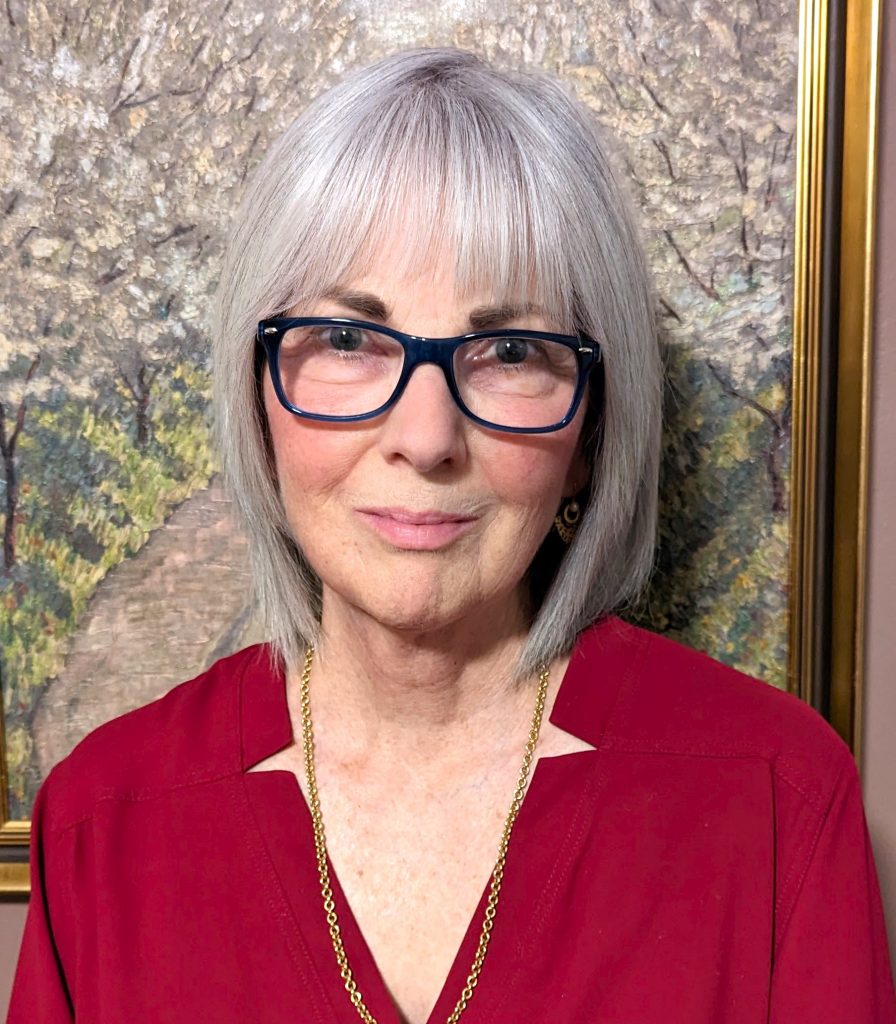
What is stigma?
Merriam Webster’s Online Dictionary defines stigma as “a mark of shame or discredit: STAIN.” WISE addresses 3 types of stigma: social stigma, structural stigma, and self-stigma.
Do you ever have this feeling?
If you only knew this “bad thing” about me (whatever that might be), you wouldn’t
This is shame in action. And you can see how it’s so linked to fear. The fear of losing our connection with others. Even saying the word “shame” out loud may make us feel afraid. Shame and fear are a big part of self-stigma, the focus of this blog.
I live with lifelong depression and anxiety, and periodic suicidal thoughts. For many of us who live with mental health and/or substance use diagnoses, we not only feel societal and structural stigma – we feel stigma internally. We judge ourselves. We possibly will feel unworthy and unloved, like we don’t belong. We feel shame, self-stigma.
Whenever we experience this self-stigma, we may hide, or at least hide this part of ourselves that feels defective and unlovable. We may disconnect from others first so that they don’t disconnect from us when they find out our truth. We may deny our true feelings, and say very cruel and judgmental things to ourselves.
Finding my innate self-compassion, my own goodness, has helped me to to loosen this grip of self-stigma. Teachers including Kristin Neff, Christopher Germer, Brené Brown, Rick and Forrest Hanson, Tara Brach and Patrick Corrigan have been my guides. Self-compassion, as defined by expert Kristin Neff, has 3 key parts: self-kindness, common humanity, and mindfulness. (Learn more: https://self-compassion.org/the-three-elements-of-self-compassion-2/) Increasing my self-compassion has been a cornerstone in helping me to feel more whole.
Here are a few steps to consider:
I found and embraced a program that offered a practical approach to increasing self-compassion. The Mindful Self-Compassion Program, co-founded by Kristin Neff, PhD, and Christopher Germer, PhD, has introduced me to many practices and skills I need in my daily life to decrease the volume and soften the tone of that nasty self-critical inner voice I’ve lived with all my life. This has decreased my self-stigma and shame and improved my mood.
Studies have shown that increased levels of self-compassion are strongly associated with decreased negative emotional states like depression and anxiety. Several recent studies suggest that persons with higher levels of self-compassion have less of a risk for suicide. (See K. Neff’s website for a comprehensive listing of expanding research related to self-compassion https://self-compassion.org/the-research/)
When we are struggling or in emotional pain, we can use Mindful Self-Compassion practices in that very moment to actively soothe and comfort ourselves, or to protect ourselves (Neff’s Fierce Self-Compassion). We give ourselves what we need – and we treat ourselves like we would a good friend, with compassion. And compassion feels good. (I have become a Mindful Self-Compassion teacher – this keeps me practicing too!)
Expert clinician Chris Germer defines shame as “as the emotion that arises when we believe we are too flawed to be loved and accepted by others,” and goes on to describe the connection between shame and our wish to be loved in this thought-provoking article: https://centerformsc.org/shame-and-the-wish-to-be-loved/.
As I’ve noted above, one key element of self-compassion is mindfulness. Mindfulness is awareness of our present moment experience, with acceptance. When my depression worsens, and I feel unworthy and frankly like disappearing, shame is always present. In order to meet shame with our own kindness, we must learn to recognize how we each experience the emotion of shame, what it feels like in our body, so that we realize shame is present. Then we can be with it, and take action to care for ourselves simply because we are experiencing shame and self-stigma.
When I speak with trusted individuals and supportive groups of people about the shame and fear that fuel my self-stigma, I feel less alone. (For example, the peer support offered by Alternatives to Suicide groups and the Giving Voice to Depression Facebook community)
Self-compassion’s common humanity reminds us that almost all humans experience shame, giving us the reassurance that “it’s not just me.” We start to feel a connection with supportive listeners. Being heard and receiving their understanding and compassion helps to diminish self-stigma.
This step brings me right back around to WISE. I first learned about best practices on how to effectively share one’s story of living with a mental illness and/or emotional distress through the training offered by WISE called Honest, Open and Proud, now known as Up to Me. Mental illness stigma expert and WISE consultant Patrick Corrigan, PsyD, has shown that when we hear the story of hardship and especially resilience in an individual’s life experience with their mental health diagnosis, and particularly when the person sharing their story is someone to whom we can relate, stigmatizing beliefs and behaviors toward persons living with mental illness go down. I know that when I’m sharing my story, if it positively influences the behavior of even a few listeners, I’m helping to reduce societal stigma. And guess what? My self-stigma diminishes too.
If you live with a mental health and/or a substance use diagnosis, and you are feeling shame and self-stigma, my truest wish for you is that one or more of these steps may help you to give yourself what you need to feel more whole.


Barbara Moser is a new grandma, mom of 3 adult children, wife, animal lover, and a retired family practice physician who, for the past 15 years, has worked extensively in the realms of suicide and emotional well-being in Greater Milwaukee. Barbara became a Mindful Self-Compassion instructor in 2019. As someone who has lived with major depression and anxiety her entire adult life, Barbara benefits daily from her own personal Mindful Self-Compassion practice. She also takes pleasure in sharing with others how these two essential resources of mindfulness and self-compassion join together to give us the strength, courage and inner stability necessary to care for ourselves, which in turn sustains our ability to compassionately care for those whom we support and love.